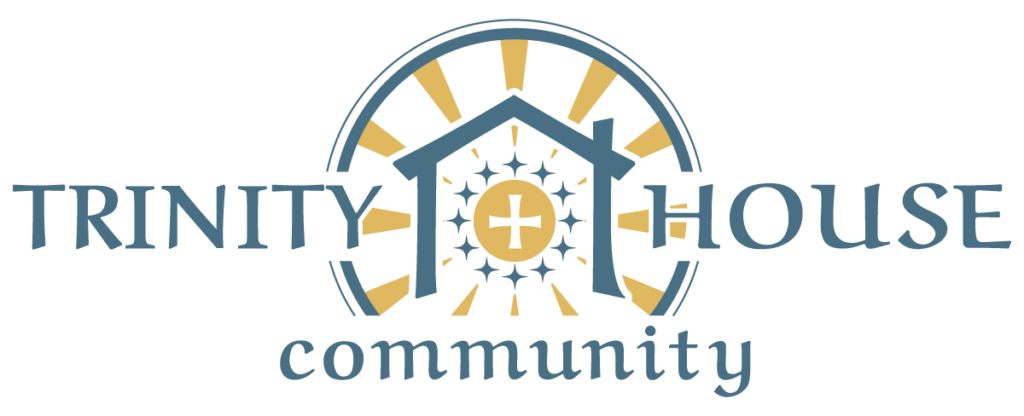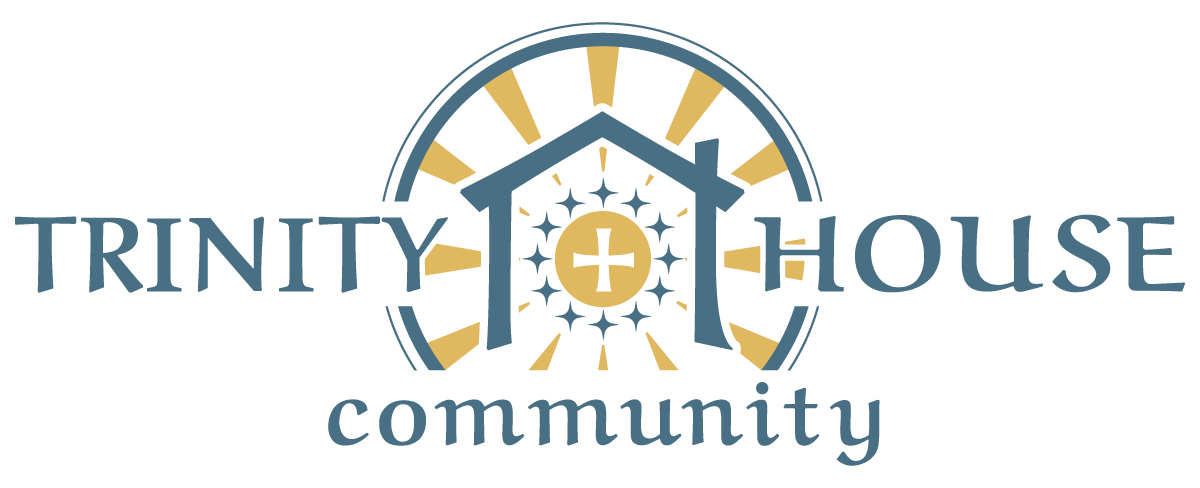
At the dinner table last week, we started telling a story about Ever’s grandmother, a pioneering doctor who was beloved by the people of Gloucester, MA, where she served as the town’s family practitioner for many years.
But then came a pleasant surprise: our daughter finished the story on her own. This is the kind of “communion” with previous generations that we’ve aimed for, and it’s heartening to see the dream unfolding in real life. To share the backdrop, here are a few glimpses of our home (once you look past the messiness):
- Our kids practice on a piano that belonged to Ever’s great-grandmother.
- Each day, we’re all passing our family photo wall—with images dating back to the late 1800s—probably a dozen times, so the faces of our ancestors are constantly present.
- A binder of family recipes from relatives dating back over 100 years is easily accessible in our kitchen, and frequently used.
- Bibles from our grandparents and great-grandparents are within reach of our home altar.
- The kitchen chairs we use are the same ones that Soren’s Dutch great-grandparents used in their kitchen.
The above snapshot gives you just a glimpse of the immersive visuals, tastes, sounds, and touch which any family—with some time and intentionality—can bring to the fore in daily family life.
A vibrant Family Culture—Level 4 of your Trinity House, and our focus with you in the 4th week of each month—includes a living sense of our family’s roots, history, and stories. Recall that your mission in Family Culture is to celebrate the communion your family has been given.
In our marriage and family life, we’ve marveled over and over at the power, beauty, love, and sense of togetherness which results when we try to step outside of our own immediate generation and weave in a story or insight from the past. These stories enrich our kids’ identity, sense of confidence, and yes, faith.
So what gets in the way of having a Family Culture where the recipes, family Bibles, photos, stories, and legends are part of daily life? Why, instead, do so many families experience a kind of historical amnesia or even “generational loneliness,” feeling that their nuclear family is on its own? We see three prominent obstacles:
- No Time. It takes lots of time together as a family to effectively retrieve, tell, repeat, and celebrate these stories from the past. It’s so easy to race from thing to thing, leaving little to no time to linger and express gratitude for our roots.
- No Memories. Of course, telling a story about a struggle or achievement of your grandmother during the Great Depression requires that you first know the story. Maybe no one passed down the stories to you, so it may require some real intentionality to retrieve them.
- Painful Past. Every family history has its tragedies, pain, and wounds. For some, it may be difficult to know how to incorporate the past into the present.
With so many other things on our plates as parents, is it worth the time and effort to bring our family history into the heart of our Trinity House? We’re biased, of course, and we feel that the witness of the communion of saints (here’s our “Invite the Saints into Your Home”) pushes us to make this a priority.
But our own experience and arguments from faith aside, the sociological data make quite a case (the following are from “Why Children Should Learn Family History” by Diahan Southard and “Studies & Research that Prove the Benefits of Family History” by Shenley Puterbough”)
- Self-Esteem & Identity: Adolescents who know more family history show “higher self-esteem, lower levels of behavior problems, such as withdrawal and aggression, higher sense of self-efficacy, and a more differentiated sense of self,” according to Southard.
- Intergenerational Self: Children develop a strong “intergenerational self” – they know they belong to something bigger than themselves, with their identity stretching back generations, giving them connection, strength and resilience.
- Academic Performance: Research from universities in Germany found that “thinking about one’s genetic origin (i.e. ancestors) provides people with a positive psychological resource that increases their intellectual performance.”
“Things that we have heard and known, that our fathers have told us. We will not hide them from their children, but tell to the coming generation the glorious deeds of the Lord, and his might, and the wonders that he has done” (Ps. 78:3-4).

>Grandparents: Keepers of the Family’s Stories, by Deacon Gary and Kay Aitchison in an article at For Your Marriage, includes over 10 practical ideas such as family cookbooks and fieldtrips to family historical sites. They write, “Maintaining and passing on the family stories is a precious gift that grandparents can give to their children.”
>In Telling Family Stories: Why Capturing Family Memories Matters for Leadership Story Lab, Esther Choy reports that “Children who have the most confidence have a sense of ‘intergenerational self’ and ‘They know they belong to something bigger than themselves.’”
>In case you missed it, here is our current post and feature at the USCCB’s ForYourMarriage.org about making family chore day a success!


> Plan now to launch your own parish’s Trinity House Community Group this year! Learn more here and schedule a 15-minute call/zoom with our team here. For $499, your parish can access all the tools needed to host 5 transformative “Heaven in Your Home Gatherings” for families, including videos, discussion questions, marketing templates, catechetical resources, ongoing support, and more. Dioceses can also take advantage of three subscriptions for just $999. Ready to subscribe and launch a Group at your parish? Here’s where you can take the first step.
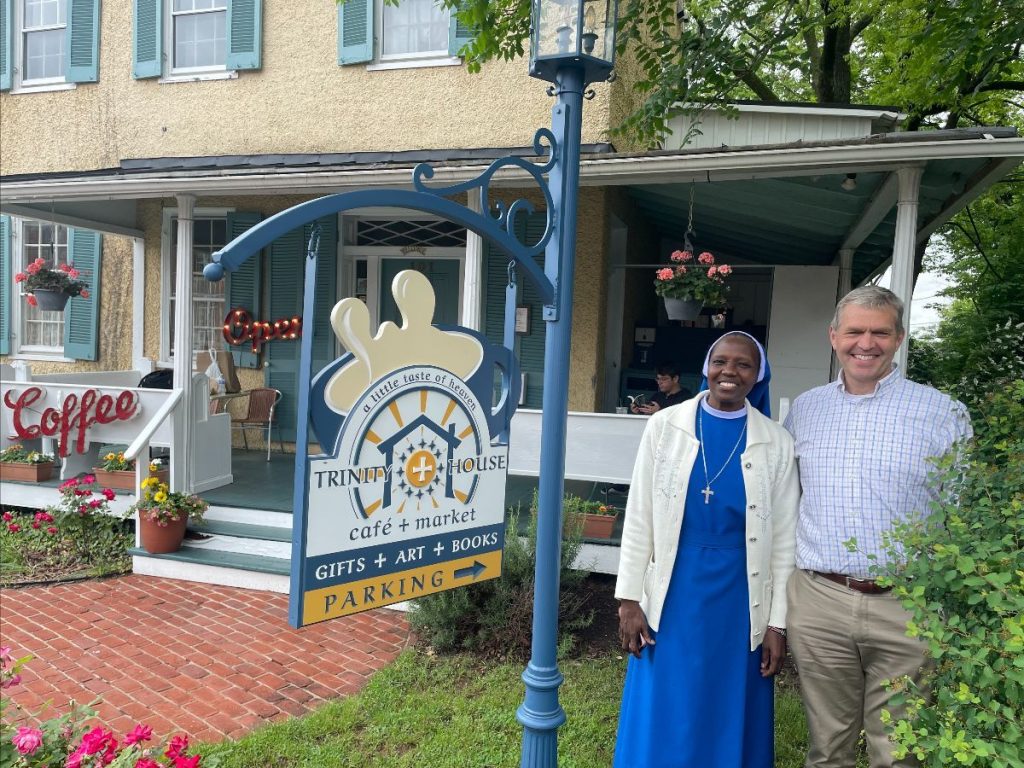
> Earlier this month, we truly enjoyed the opportunity to learn from — and share the Trinity House model with — Sister Magdaline Masai, whose Kenyan-based religious order, the Visitation Daughters of Mary (VDM), has a charism “to live and share the mystery of the love of Christ and service in charity to restore the spiritual life of families.” We will be keeping Sister Magdaline in prayer as she continues her studies at the Pontifical John Paul II Institute for Studies on Marriage and Family in Washington, DC, this fall.
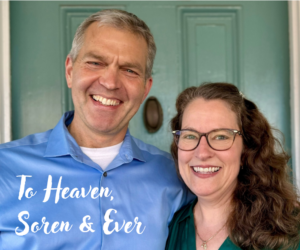
“The Heaven in Your Home Workshop is a tremendous testimony to the incredible love and mercy our God has for us and the importance of looking to the relationship in the Trinity as an example of how to thrive together as families in faith.”
–Stewart and Donna Carroll
